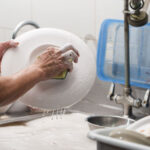You are about to learn some fundamental facts about a hand sanitiser that we are sure you were unaware of before.
It is common knowledge that an alcohol-based hand sanitiser is the next best option in the absence of soap and water. However, not much is known about hand sanitizers except the information about their usage. So, we thought it’s best to equip you with 5 interesting facts about sanitizers.
#1] Hand sanitizers kill germs, but don’t clean hands
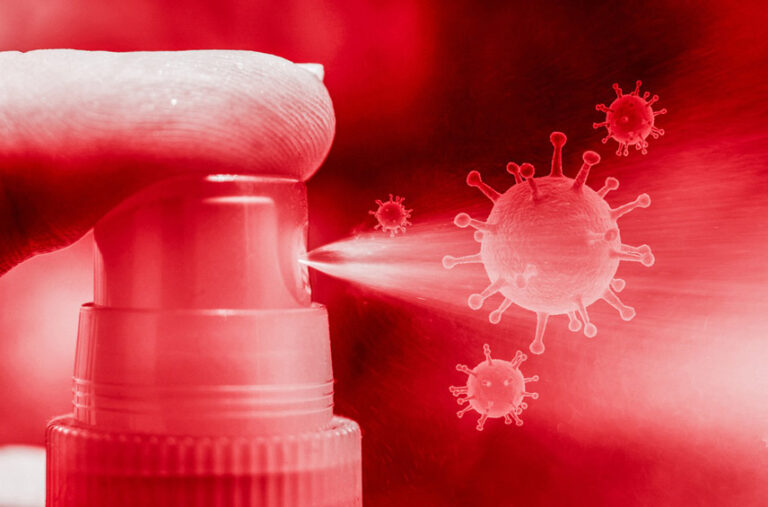
Alcohol-based hand sanitizers are formulated to kill most germs on the skin. Alcohol disintegrates the lipid-based coating of bacteria and viruses and destroys them. This is why the Centers for Disease Control and Prevention (CDC) recommends using a hand sanitizer as the first choice before and after visiting a loved one in a medical facility.
However, their effectiveness is impaired if hands are visibly dirty or greasy or laden with pesticides or heavy metals. So, when it comes to cleaning hands, use soap and water. The rubbing and scrubbing of soap between palms and fingers create friction that serves a dual purpose — breaks down the bacteria and loosens the hold of germs from the skin. Rinsing of hands underwater washes the germs.
#2] 60-95% alcohol is effective
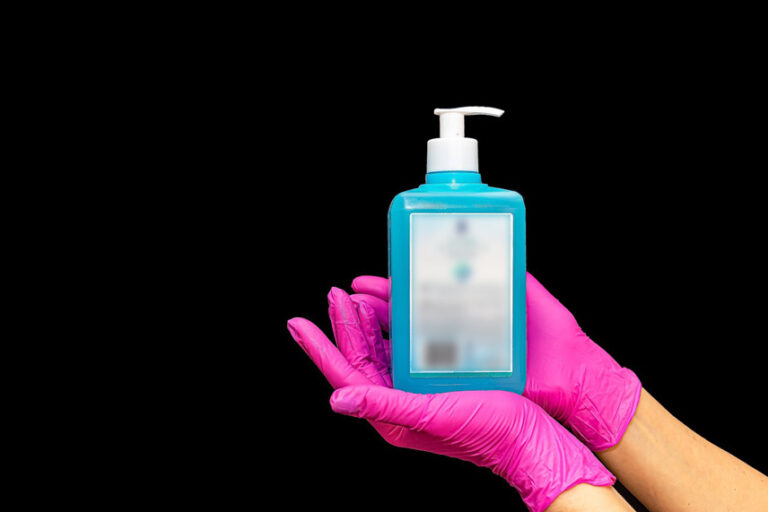
CDC recommends using sanitizers with 60-95% ethanol or isopropanol (isopropyl) concentration for effective germicidal action. A low concentration of hand sanitizer spreads germs without killing them. Concentrations above 95% are less useful, as alcohol needs water to denature cells.
#3] Apply the hand sanitizer correctly
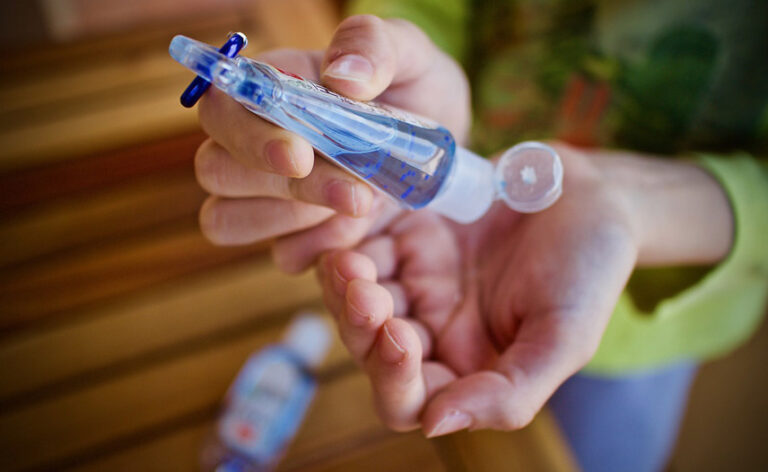
A hand sanitizer’s germicidal action works when it is applied correctly to the hands. Follow these steps.
- Apply the sanitizer generously to the palm
- Rub it in thoroughly on the hands.
- Distribute it to the back of hands, thumbs, and between fingers for 20 seconds.
- Rub the hand sanitizer all over the hands until the skin is completely dry.
- Avoid wiping or rinsing off the sanitizer.
Remember: If your hands feel dry after being rubbed together for less than 10–15 seconds, you have applied the sanitizer insufficiently.
#4] Hand sanitizers don’t dry skin
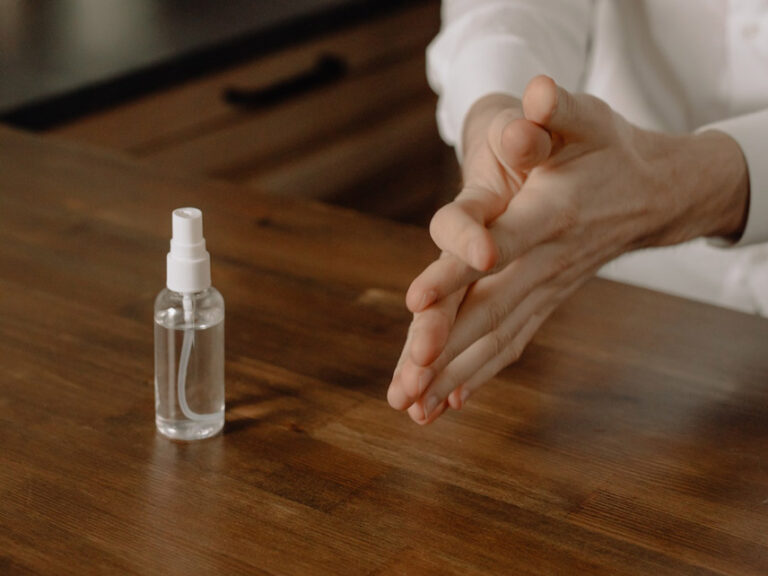
A hand sanitiser conditions the skin and avoids making the skin dry. A research study documented that a hand sanitiser improved skin condition while protecting the skin from germs.
#5] Hand sanitizers could be dangerous
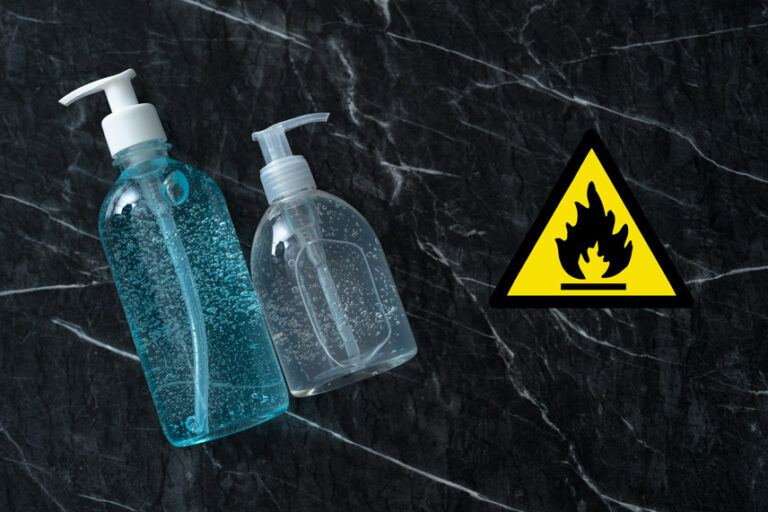
Isopropyl alcohol present in hand sanitizers is flammable. It can easily ignite and cause burns. Hands that are wet with sanitizer can be ignited by a static spark or any other source of ignition. The incidence of fires due to alcohol-based hand sanitizer is low.
However, the static charge is enough to ignite inflammables. Hence, hospitals, nursing homes and health care facilities are asked to store hand sanitizer safely from any source of ignition.
The right choice for a hand sanitizer
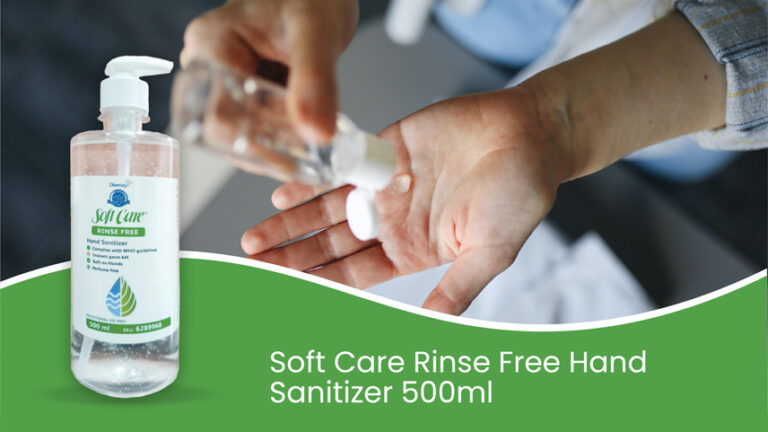
Now, that we have discussed the fundamental aspects of a hand sanitizer, grab hold of the most efficient hand sanitizer for your facilities — Soft Care Rinse Free Hand Sanitizer.
This sanitizer is alcohol-based and is highly effective against bacteria, fungi and viruses. It is formulated to kill 99.99% of germs that may be found on the skin of a particularly healthy person.
This hand sanitizer avoids the spread of germs that travel either through direct contact or via equipment and surfaces through cross-contamination. It is well suited for healthcare, hospitality and personal hygiene.
Its formulation is thicker to allow better cleansing and longer product-skin contact time. It is gentle on the hands and complies with guidelines of the World Health Organization.
To sum up
When you ensure correct hand hygiene at your facility, you make your employees and visitors feel safe and comfortable. Arm yourself with the right weapon against germs. Equip yourself with Diversey Prosumer’s Soft Care Rinse Free Hand Sanitizer.



